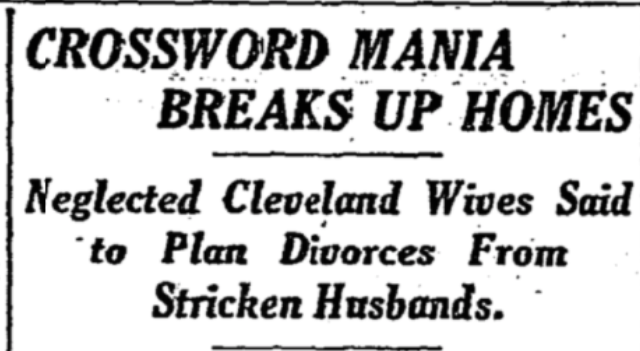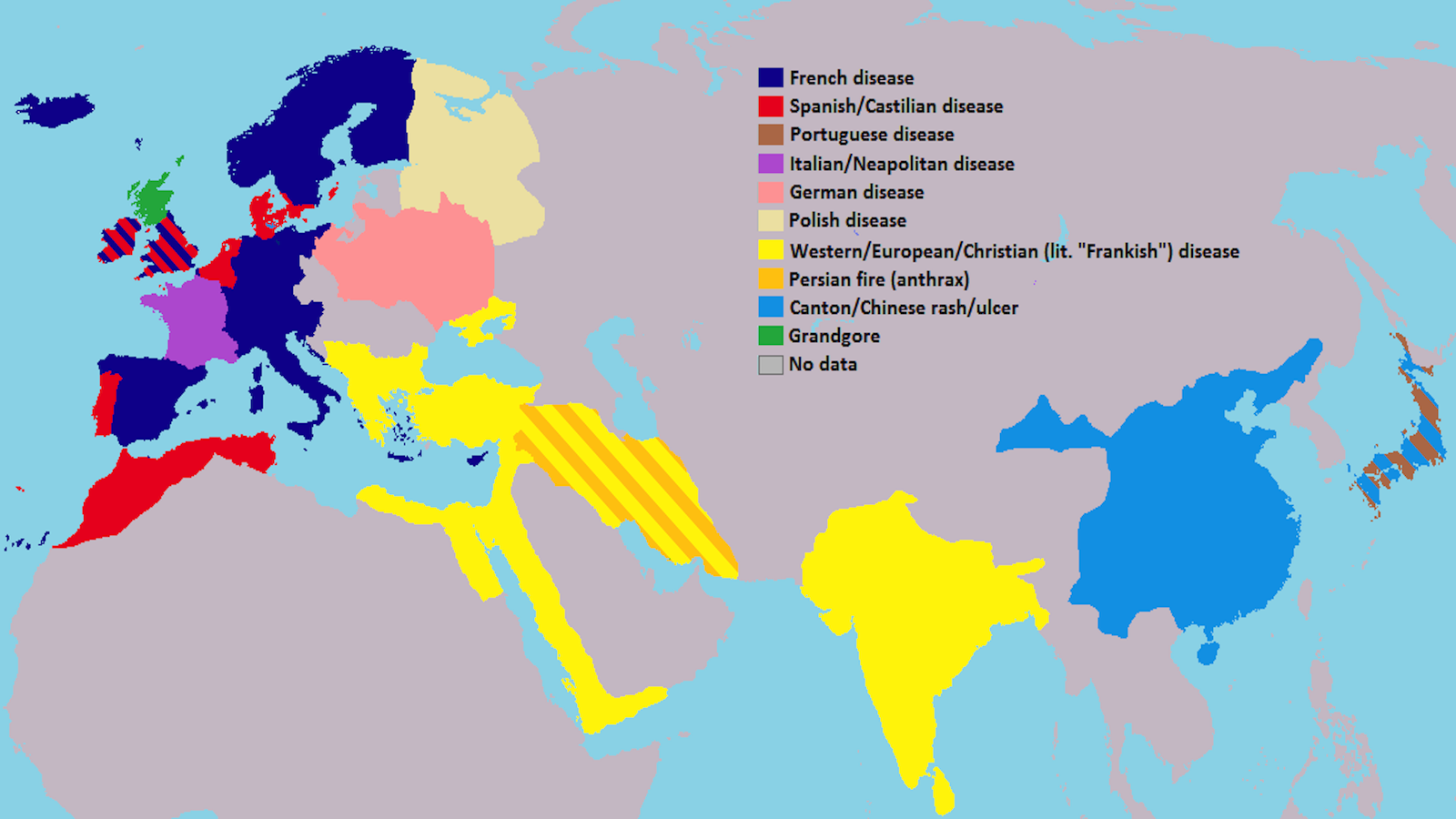The “Partly Free” Press in Berlusconi’s Italy

Italian Prime Minister Silvio Berlusconi would want you to know that what you are about to read here is “international left-wing libel” against him and his country. So take this post, the recent Freedom House report characterizing Italy’s press as only “partly free,” and the tens of thousands of free-press supporters who rallied in Rome over the weekend with a grain of salt.
The condition of Italy’s press — as portrayed in a segment from the latest broadcast of NPR’s On The Media — is unnerving. The segment opens with Berlusconi’s appearance on his “favorite state-run TV show” to counter “months of newspaper reports that he’d slept with prostitutes and partied with young women.” Even as a former newspaper reporter, I’m not bothered that Berlusconi used that TV appearance to lambast journalists as “scoundrels.” No, what begins to get unnerving is this:
“What (Berlusconi) didn’t explain was why several other prime-time political shows that might have competed for viewership with that TV appearance were postponed or canceled. After all, he controls all of public television and most of private TV, where 80 percent of Italians get their news.”
On The Media goes on to assert that there’s a new “brazenness” to Berlusconi’s attacks on the press. He’s going after newspapers in the courts, for example. Here again, it’s the particulars that raise concern: “On case aimed at La Repubblica newspaper is not for what’s been written but for 10 pointed questions the paper keeps asking the leader.”
Maybe my imagination is just failing me, but it’s tough to figure how asking questions — even asking rude, unfair questions relentlessly — could be grounds for a legitimate lawsuit.
One critic quoted by On The Media, journalist Furio Colombo, suggested the state of press freedom in Italy is more than a Berlusconi problem. He said Italian society lacks “a natural independent attitude by the people to stand in front of you and demand why that news was not published, why that commentary was so particularly bended one way or another.”
For a counterpoint to all this, you can begin right on the On The Media web site, where a commenter from Italy has raised several objections to the segment.





